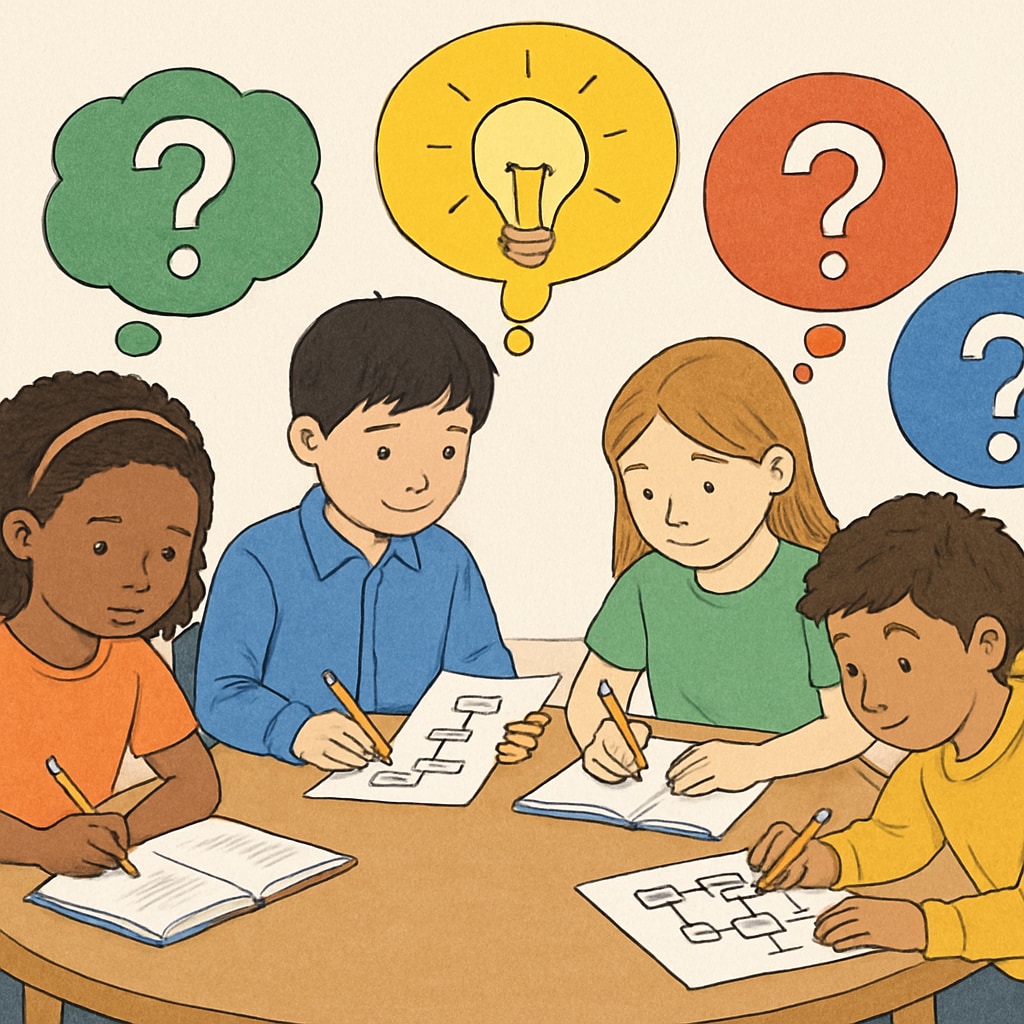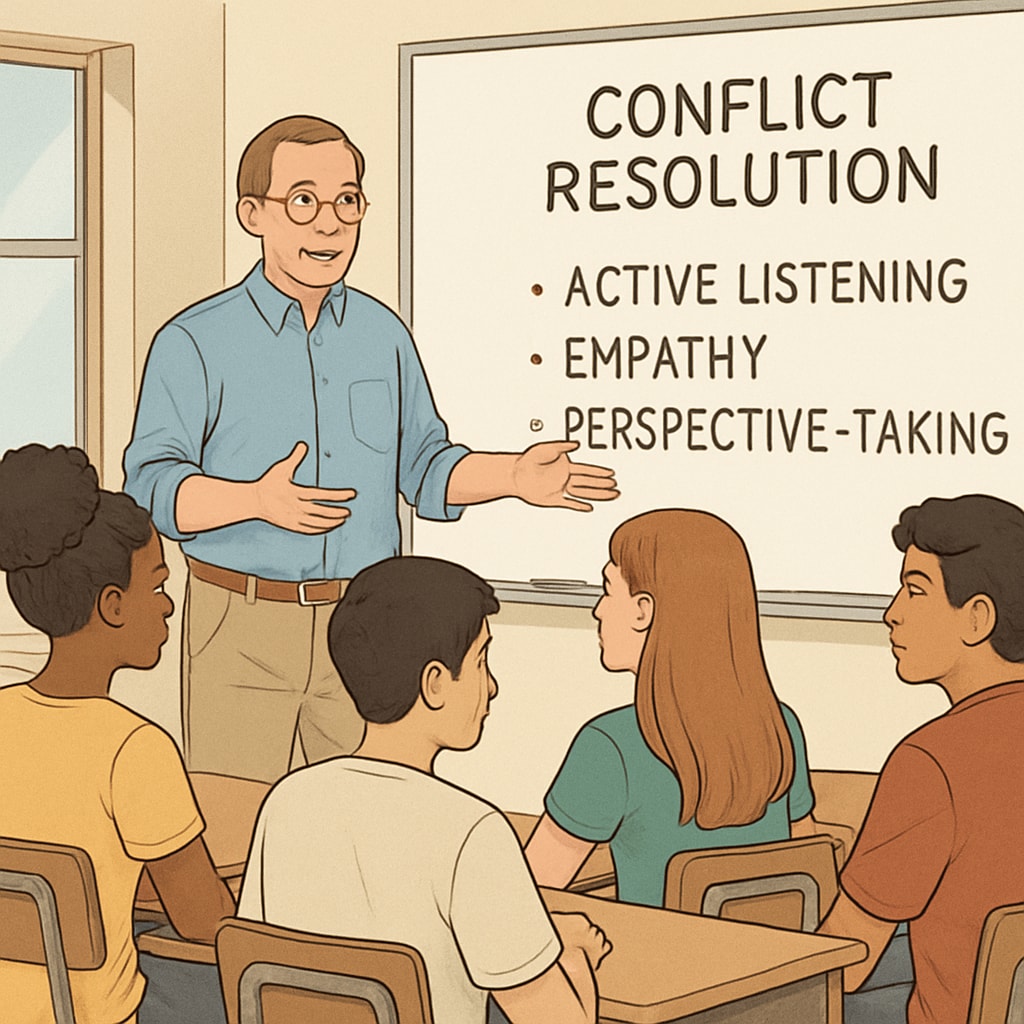Education, critical thinking, and personal growth are deeply interconnected throughout the K12 learning journey. Modern pedagogy recognizes that foundational education extends far beyond academic knowledge – it actively shapes how students perceive the world, solve problems, and interact with others.

The Cognitive Foundations of Critical Thinking
K12 education systematically develops higher-order thinking skills through age-appropriate methods. According to Wikipedia’s critical thinking overview, these skills include analysis, evaluation, and creative problem-solving. Teachers cultivate these abilities through:
- Socratic questioning techniques
- Evidence-based argument construction
- Interdisciplinary project learning
- Real-world scenario analysis
For example, middle school science curricula often incorporate experimental design challenges that require students to formulate hypotheses, control variables, and interpret ambiguous results – all essential components of analytical reasoning.
Character Development Through Educational Experiences
Beyond cognitive skills, the school environment significantly influences moral development. The Britannica article on moral development highlights how structured social interactions in educational settings help children:
- Develop empathy through cooperative learning
- Practice ethical decision-making
- Build resilience through academic challenges
- Understand diverse perspectives

Service-learning programs exemplify this integration, combining academic content with community service to reinforce social responsibility. Ninth graders participating in environmental projects, for instance, simultaneously learn biological concepts while developing stewardship values.
Creating Inclusive Learning Environments
Modern classrooms intentionally design experiences that promote:
- Cultural awareness through multicultural literature
- Collaborative problem-solving in mixed-ability groups
- Democratic classroom decision-making processes
These practices don’t merely teach tolerance – they actively help students appreciate different viewpoints and develop the ability to synthesize conflicting ideas. Research shows such experiences significantly enhance both cognitive flexibility and social-emotional intelligence.
As education systems worldwide evolve, the focus on holistic development continues to grow. Schools that successfully balance academic rigor with character education produce graduates equipped with both the skills and values needed for 21st-century challenges. The true measure of educational success isn’t just test scores, but the development of thoughtful, principled individuals capable of navigating complex realities.


